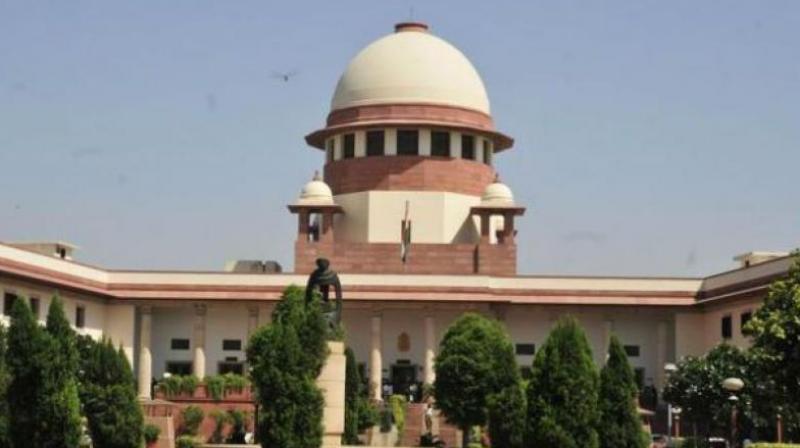A bold step towards a more evolved society
The Supreme Court's landmark ruling allowing passive euthanasia is a compassionate one.

The Supreme Court’s landmark ruling allowing passive euthanasia is a compassionate one. It takes into consideration the dilemma of terminally-ill patients who have little chance of survival or stretching their life in a meaningful way. The order also tries to throw pragmatic light on the great philosophical question of what death is, and when it comes about for human beings. The wisest philosophers have grappled with the meaning of life and death since time immemorial, but few have had to deal with the question of a man or woman taking his/her own life in such circumstances. Given that the Supreme Court has been dealing with this issue for 13 years, the recognition of a “living will” — of terminally-ill patients likely to slip into a permanently vegetative state — to address this problem and accept it as a “right to die with dignity” may have taken some doing. The judges’ boldness in allowing this must be praised.
It’s in giving sanction to “living wills” that the judges made passive euthanasia a workable idea. Resisting the recognition of a living will while trying to enact a law on passive euthanasia was a half-measure that wouldn’t have worked. The guidelines are precise enough for people to understand what is possible in the unfortunate event of a loved one falling into the category of the terminally ill or a vegetative state from which there’s no realistic chance of true recovery. Of course, this is a sunrise area in Indian law, and complications may crop up with divergent views within families. With the decisionmaking to be left in the hands of a medical board and judicial supervision, there are sufficient safeguards against greedy or squabbling relatives. The principle is that human beings have a right to their body, and passive euthanasia is far more vital than even decriminalising suicide, which the government did recently in another instance of compassionate thinking.
Legislation giving effect to the euthanasia ruling would be a boon for the middle class, who often have to juggle with the painful financial implications of keeping loved ones on ventilator and other life support systems in clear cases of a losing battle between life and death. There’s a way out of their moral dilemma if their relative has left a “living will” on euthanasia in case of a terrible medical problem. The economic consideration is compelling reason enough in a poor country. The law will empower relatives to act legally, instead of their having to find a sneaky way to switch off life-support machines. Now that a fundamental right to a “meaningful existence” includes a person’s choice to die without suffering has been upheld, there should be lesser qualms about having to deal with the death of the terminally ill. We’ll become a more evolved society with this mechanism to deal with life and death.
